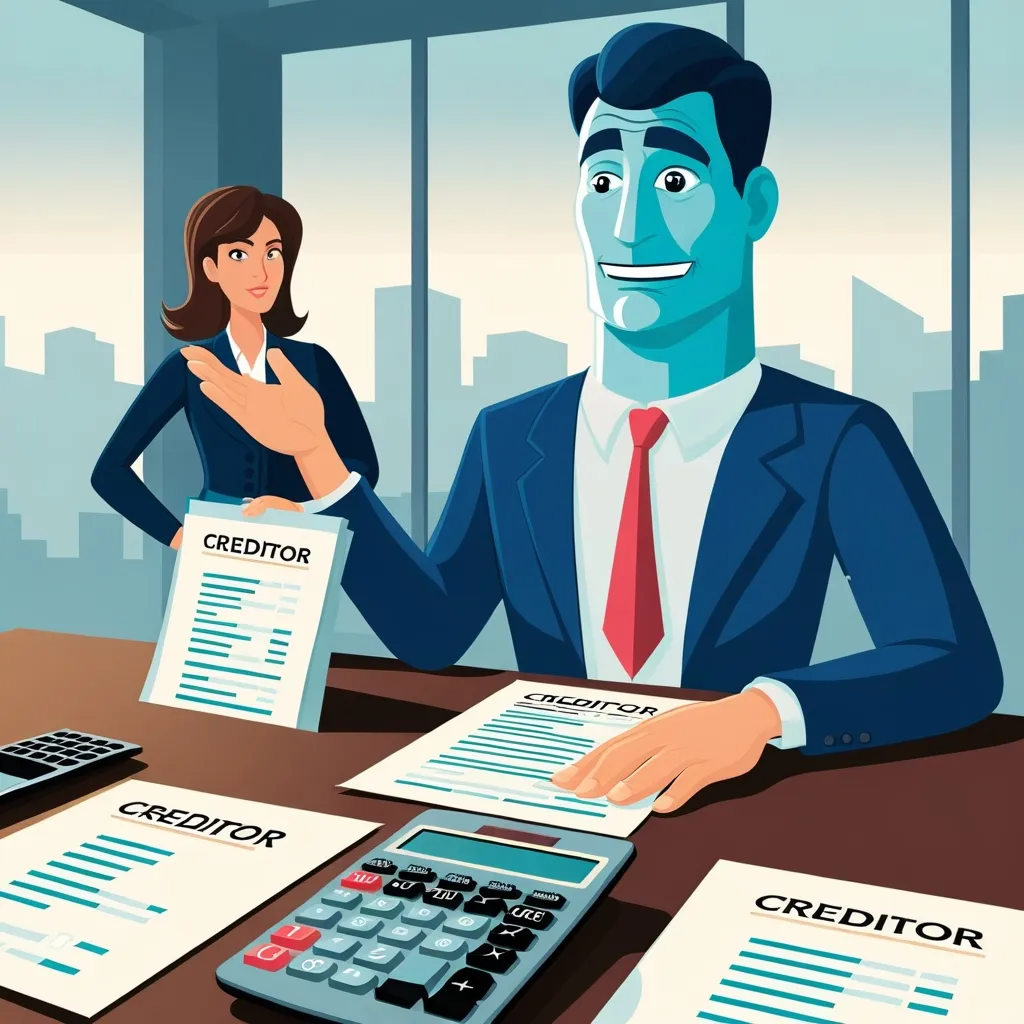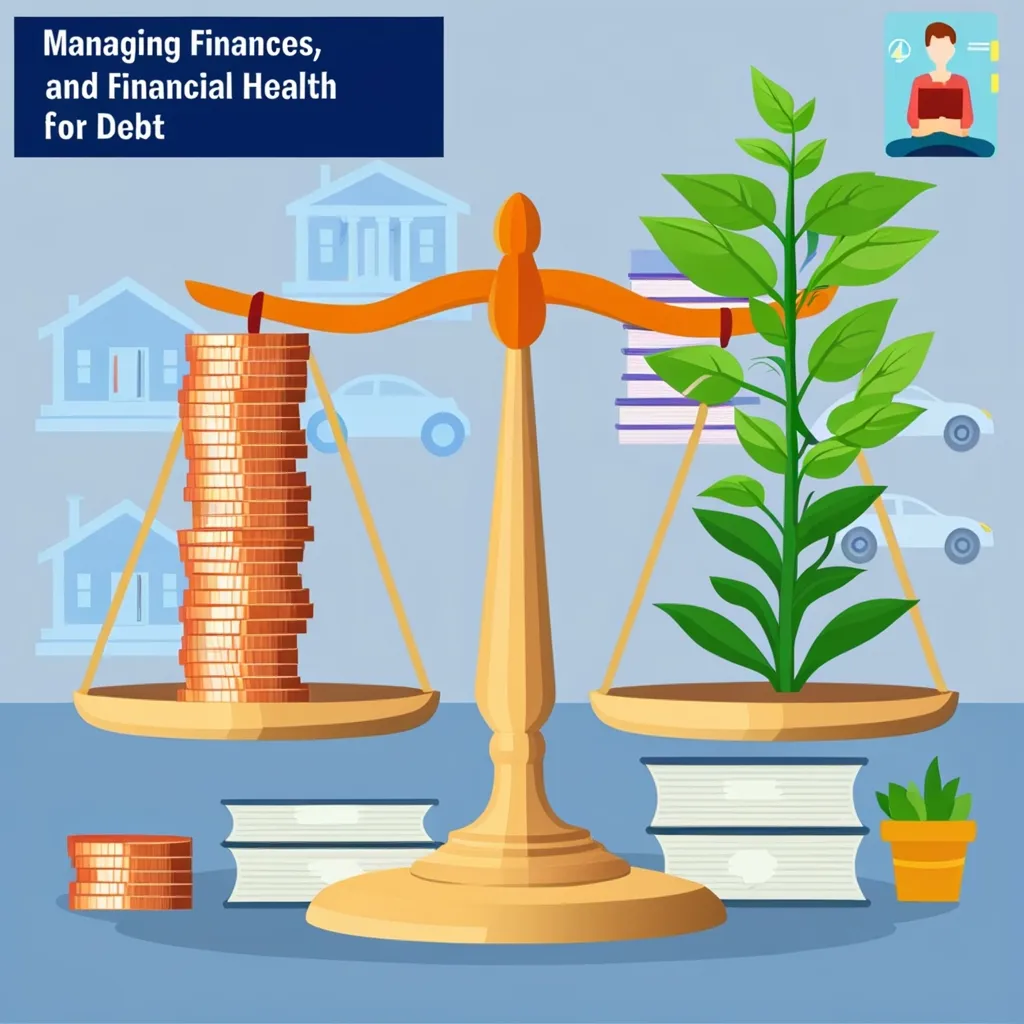Negotiating a debt settlement sounds like a headache, huh? But trust me, with a little strategy, you can significantly pare down what you owe. Here’s a laid-back guide to help make this super manageable.
So, What Exactly is Debt Settlement?
Debt settlement is when your creditor agrees to take less money than you actually owe and calls it even. This tends to be an option for unsecured debts, like those dreadful credit card bills, sky-high medical expenses, or personal loans. However, if you’re dealing with secured debts like a mortgage or car loan, sorry but this route isn’t usually open. Repossession is a threat there, making negotiating tougher.
Check Your Financial Pulse
Before you even think about making any calls, assess your financial landscape. Know exactly what you can cough up if a deal happens. Your offer needs to be decent enough to make the creditor nod but shouldn’t turn you into a hermit surviving on ramen. Start by figuring out your monthly income, subtracting necessary living expenses, and then see what’s left. Don’t forget to leave a cushion for those pesky, unexpected costs.
Make Sure You Owe What You Owe
Get a grip on your debts before dialing anyone. Double-check the numbers and know exactly who you’re dealing with. Your credit report is your buddy here. Look it over or get in touch with the creditor directly. If any debt seems fishy or you can’t quite remember it, feel free to ask for validation from the debt collector. They’ve got five days from their first contact to provide the details you need.
Get Your Offer Game Strong
Once your finances and the debt amount are crystal clear, it’s time to craft your offer. Start low, so you keep some wiggle room for negotiations. Let’s say you owe $10,000; proposing to settle for 30% or 40% of that is a smart move. Better to go low at the start and then meet in the middle.
Confronting the Big Bad Creditor
Alright, brace yourself because this is the gnarly part. When you make that phone call, be honest about your situation and keep the story consistent. Note down why you’re behind on payments—maybe job loss, medical woes, or even a messy divorce. Credibility builds trust, making negotiations smoother.
When you reach out, stay calm and professional. The person on the other end has one job: to get as much money as possible out of you. Be ready for several rounds of “no” before you get a “yes”. Seriously, don’t take the first rebuttal as the final word; persistence pays off here.
Keep the Negotiations Respectful yet Firm
During the haggling, stick to your guns but don’t get nasty. Explain why you can’t pay the full amount and offer up supporting evidence, if needed. If you’ve got some cash saved up for a lump-sum payment, mention it. Crediting a single big payment often tempts creditors more than dragging it out over many smaller ones.
If they still play hardball, try your offer with another creditor. Usually, they want to avoid the hassle and cut their losses, which can lead them to accept less than the full amount eventually.
Seal the Deal Right
When an agreement is reached, get it all in writing. Seriously, don’t pay a dime until you have that written confirmation. It needs to include the settlement amount and state that they accept it as full payment. Read it over carefully before anything leaves your bank account.
Pay Up on Time
Make sure you stick to the payment date agreed upon. If a debt settlement agency’s helping out, you might need to pay monthly into an escrow-like account until there’s enough to clear the debt. If you’re handling it solo, keep up with the minimum payments to dodge late fees and extra interest until everything’s finalized.
Cheers to Hassle-Free Credit
Once the payment is sorted, don’t just relax yet. Follow up with the credit bureaus. Make sure the debt appears as “paid in full” on your report instead of “settled” or “paid as agreed”. This bit helps repair your credit score faster. Check your credit report on AnnualCreditReport.com to ensure everything’s updated correctly.
Heads-Up on Risks
Debt settlement can seem like a lifesaver, but it’s not without risks. It can ding your credit score for a while, making it tough to get new credit or favorable interest rates. This stays on your credit report for seven years. Also, don’t forget the potential tax implications; the IRS might consider the forgiven debt as taxable income.
Practice Good Credit Karma
Avoid using the credit card that’s involved in the settlement for a few months before you start negotiating. Seeing recent big-ticket splurges can make creditors less willing to play ball. Keeping your credit usage minimal shows you’re serious about fixing your finances.
When in Doubt, Ask for Help
If the whole process feels like climbing Mount Everest, think about getting some professional help. Nonprofit credit counseling agencies can steer you in the right direction. They offer advice, help with negotiations, or guide you through the settlement process.
Negotiating debt settlement takes a cool head, some patience, and knowing where you stand financially. If you approach it smartly and honestly, you can whittle down what you owe and start climbing out of debt. Sure, it’s got its risks, but if handled right, it’s a powerful tool for getting your finances back on track.






